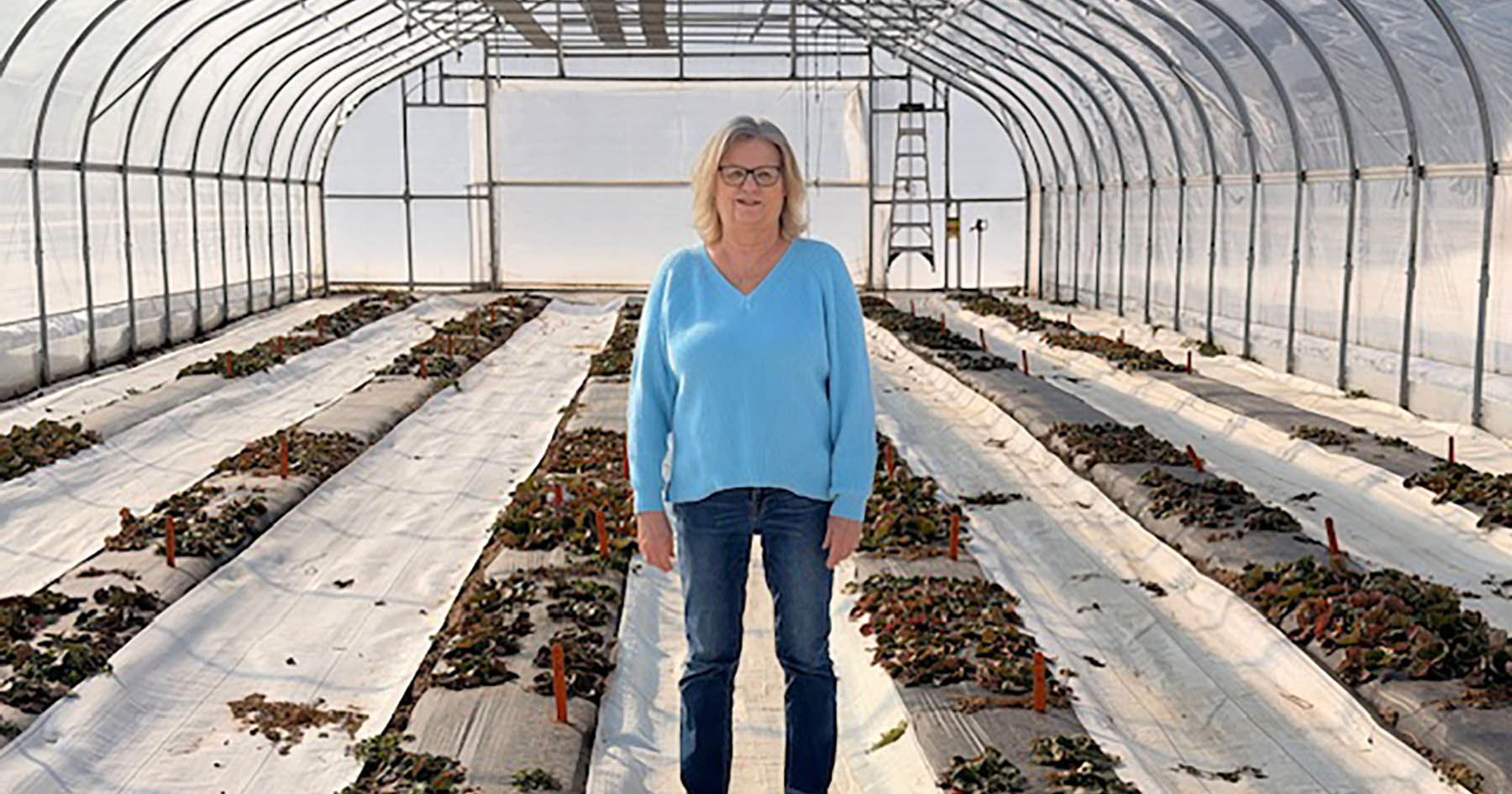Panel probes relationship between scientists and journalists, highlighting areas for growth
Academics, politicians, scientists, members of the public and journalists convened Feb. 11 to attend a virtual panel entitled Journalism, Science, and Policy: Communicating Risk and Relevance. The discussion centered on water quality and the symbiosis of scientific research and journalism.
Andrew Whelton, associate professor of civil engineering and environmental and ecological engineering, and Caitlin Proctor, assistant professor of agricultural and biological engineering and environmental and ecological engineering, hosted and moderated the discussion between three prominent science writers.
The panelists included ProPublica reporter and co-founder of the Mountain State Spotlight Ken Ward Jr, Pulitzer-prize winning writer Deborah Blum, and New York Times bestselling author Seth Siegel. All three writers have a long history of working with scientists and academics to relay research to wide audiences, work all three believe is becoming increasingly essential.
“If our work is worth doing, it’s worth sharing with the public. So all of us in academia can benefit from tips and strategies to break down traditional barriers of communication," Proctor said.
While Blum, Siegel and Ward have written extensively about drinking water issues in the United States, the conversation focused primarily on how journalists and science writers should act as conduits of scientific knowledge.
“Scientists and journalists have that joint wish to get information out there and have people make decisions based on research, science and evidence,” Blum said. “We are relentless in our desire to get information to people. Nothing good grows in the dark, except maybe mushrooms.”
The panel also discussed how a failure of communication and transparency could dissuade scientists from working with reporters. This can lead to stunted diffusion of scientific research, an outcome detrimental to research and to the public.
“Information is power and we have to democratize information in some way,” Ward said. “There is a shared value between scientists and journalists, which is honest inquiry into something.”
The burden of advancing access to scientific information rests with both journalists and scientists, the panelists agreed. However, one major struggle for science journalists involves appropriately conveying the nature of the scientific process and degrees of uncertainty involved.
“This gets at the conflict between science and journalism,” Blum continued. “Science is a process. When you’re publishing a paper, it’s often part of an ongoing process, not the endpoint, whereas journalism is an event-driven medium. One of the things we’re having conversations about in science journalism is how we write the context of the process.”
Journalists and scientists also need to have ongoing conversations about the framing of issues and ensuring they convey information in measured and accurate terms.
“I believe there is a very real problem with our drinking water in America, but I’m not going to give in to hysteria or demand for inflammatory language or anything that isn’t proven by science,” Siegel said.
Scientists can support the work of journalists by de-jargonizing their language, supplying writers with relevant source materials and fostering relationships that promote honest conversation and inquiry. When that happens, the panelists agreed, journalists and scientists can both achieve their goal: educating the public and, ideally, catalyzing evidence-based policy for the improvement of society.
“It strikes me that journalists and researchers truly share common goals. We pursue information; we interpret our observations; and then we report the information to help others become informed,” Whelton said.
The burden of advancing access to scientific information rests with both journalists and scientists, the panelists agreed. However, one major struggle for science journalists involves appropriately conveying the nature of the scientific process and degrees of uncertainty involved.
“This gets at the conflict between science and journalism,” Blum continued. “Science is a process. When you’re publishing a paper, it’s often part of an ongoing process, not the endpoint, whereas journalism is an event-driven medium. One of the things we’re having conversations about in science journalism is how we write the context of the process.”
Journalists and scientists also need to have ongoing conversations about the framing of issues and ensuring they convey information in measured and accurate terms.
“I believe there is a very real problem with our drinking water in America, but I’m not going to give in to hysteria or demand for inflammatory language or anything that isn’t proven by science,” Siegel said.
Scientists can support the work of journalists by de-jargonizing their language, supplying writers with relevant source materials and fostering relationships that promote honest conversation and inquiry. When that happens, the panelists agreed, journalists and scientists can both achieve their goal: educating the public and, ideally, catalyzing evidence-based policy for the improvement of society.
“It strikes me that journalists and researchers truly share common goals. We pursue information; we interpret our observations; and then we report the information to help others become informed,” Whelton said.






